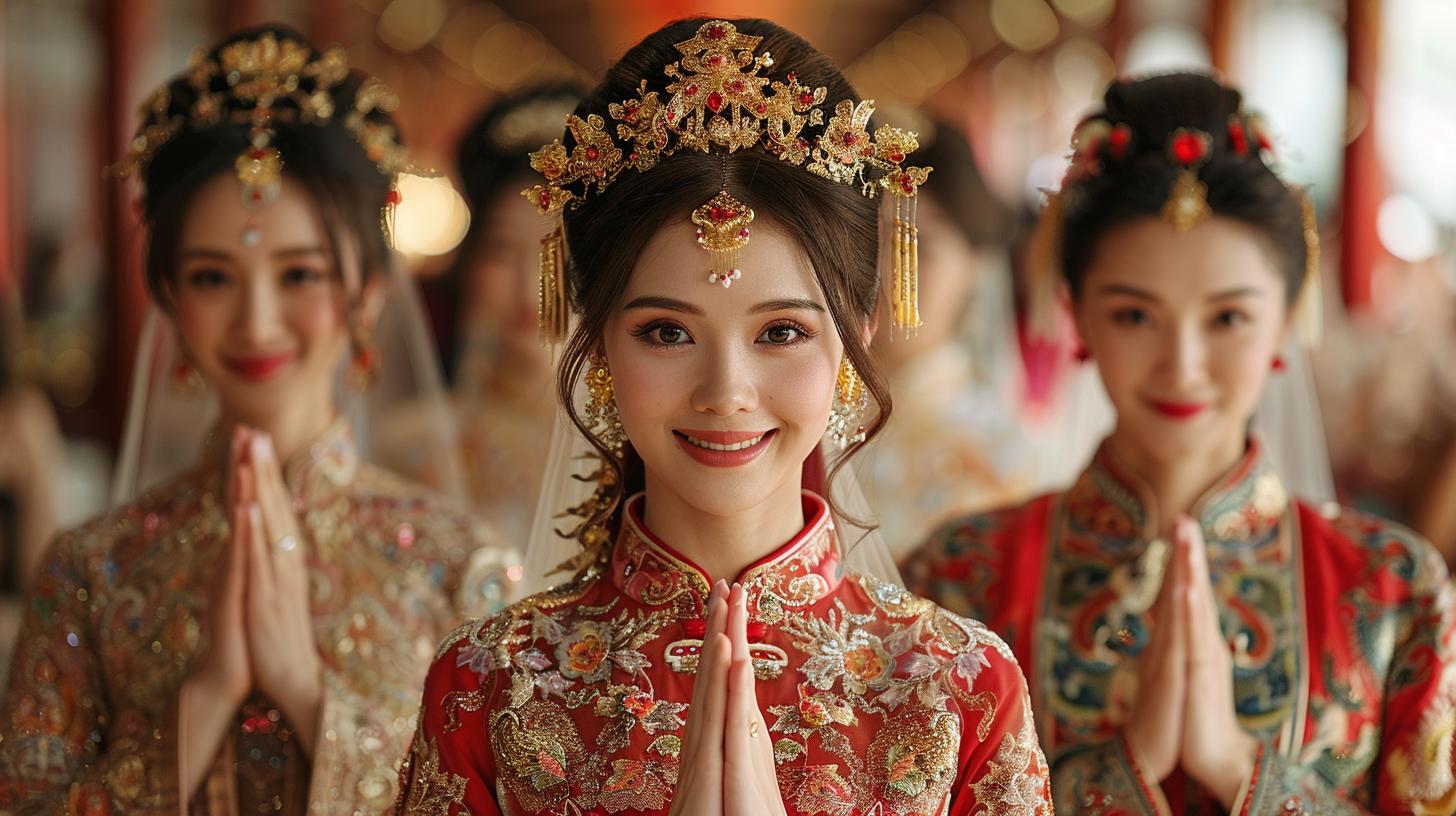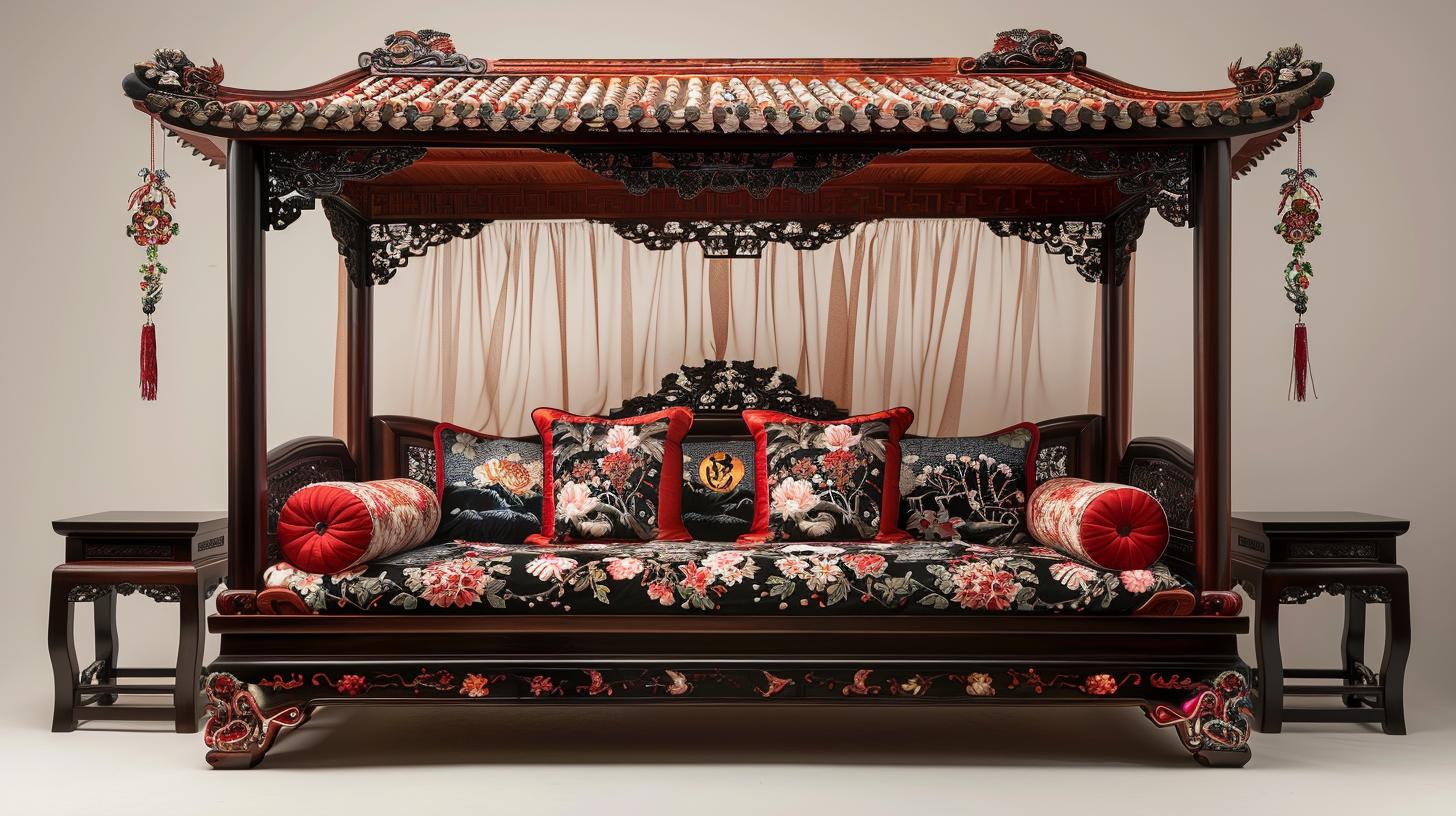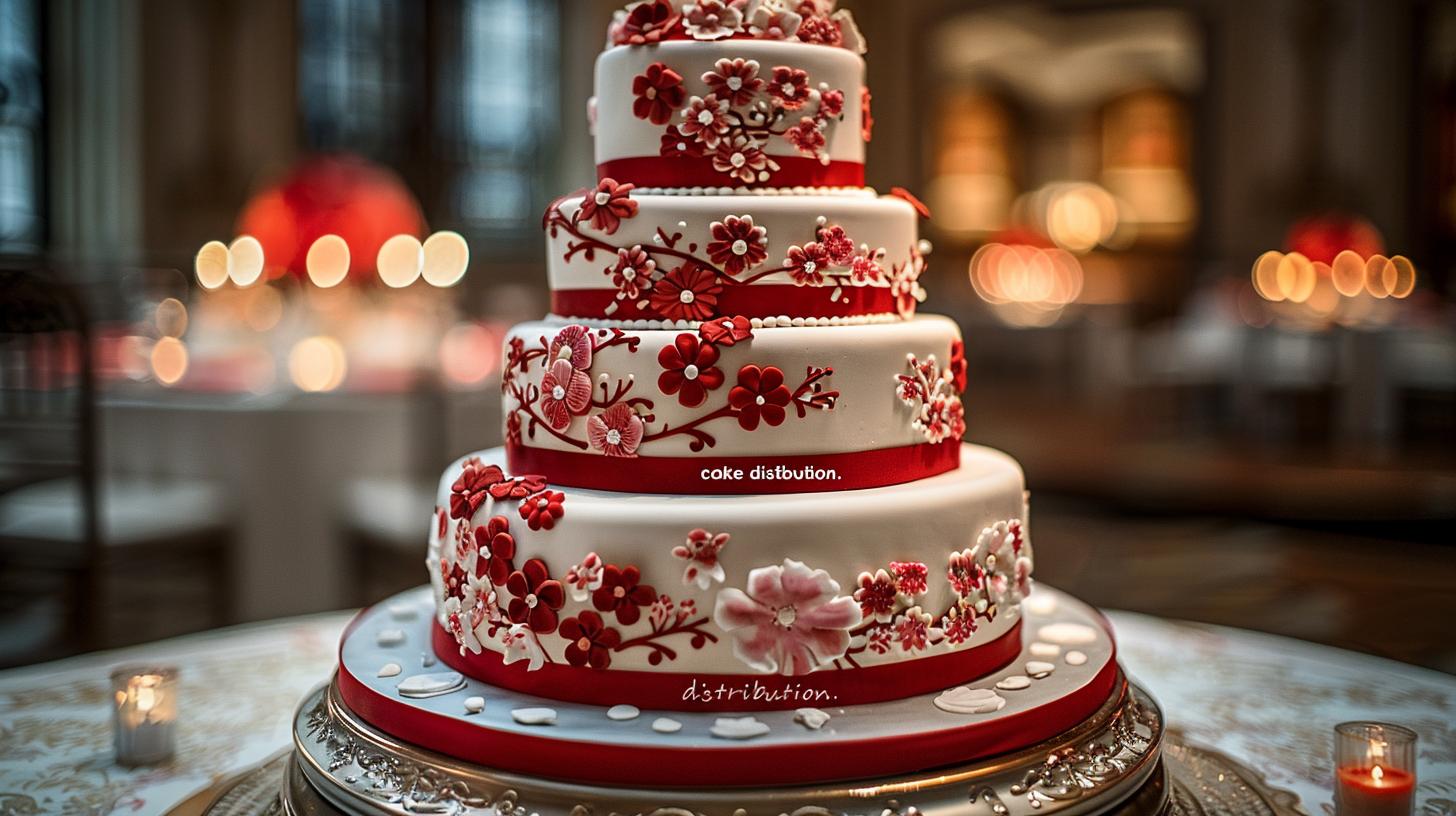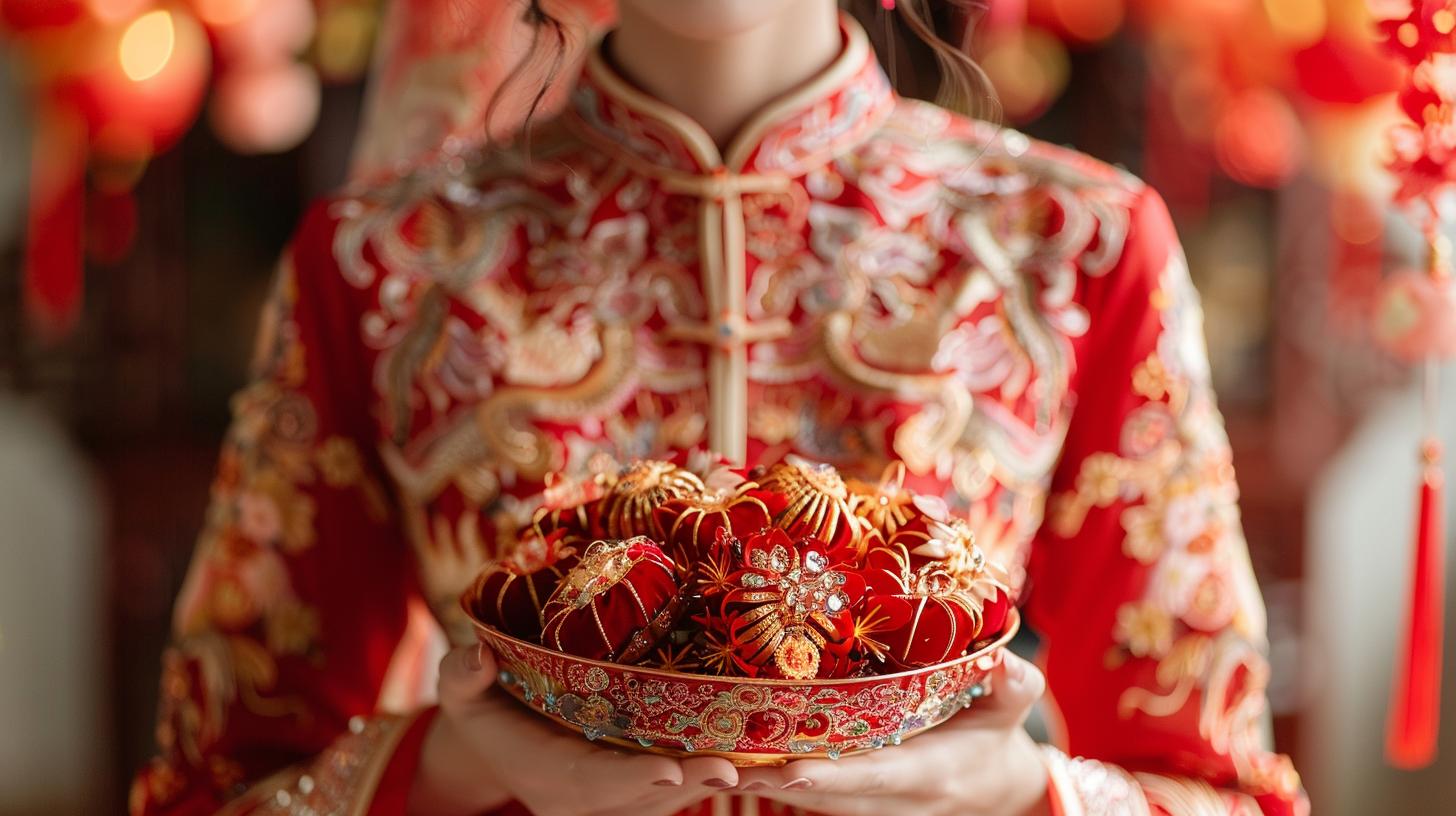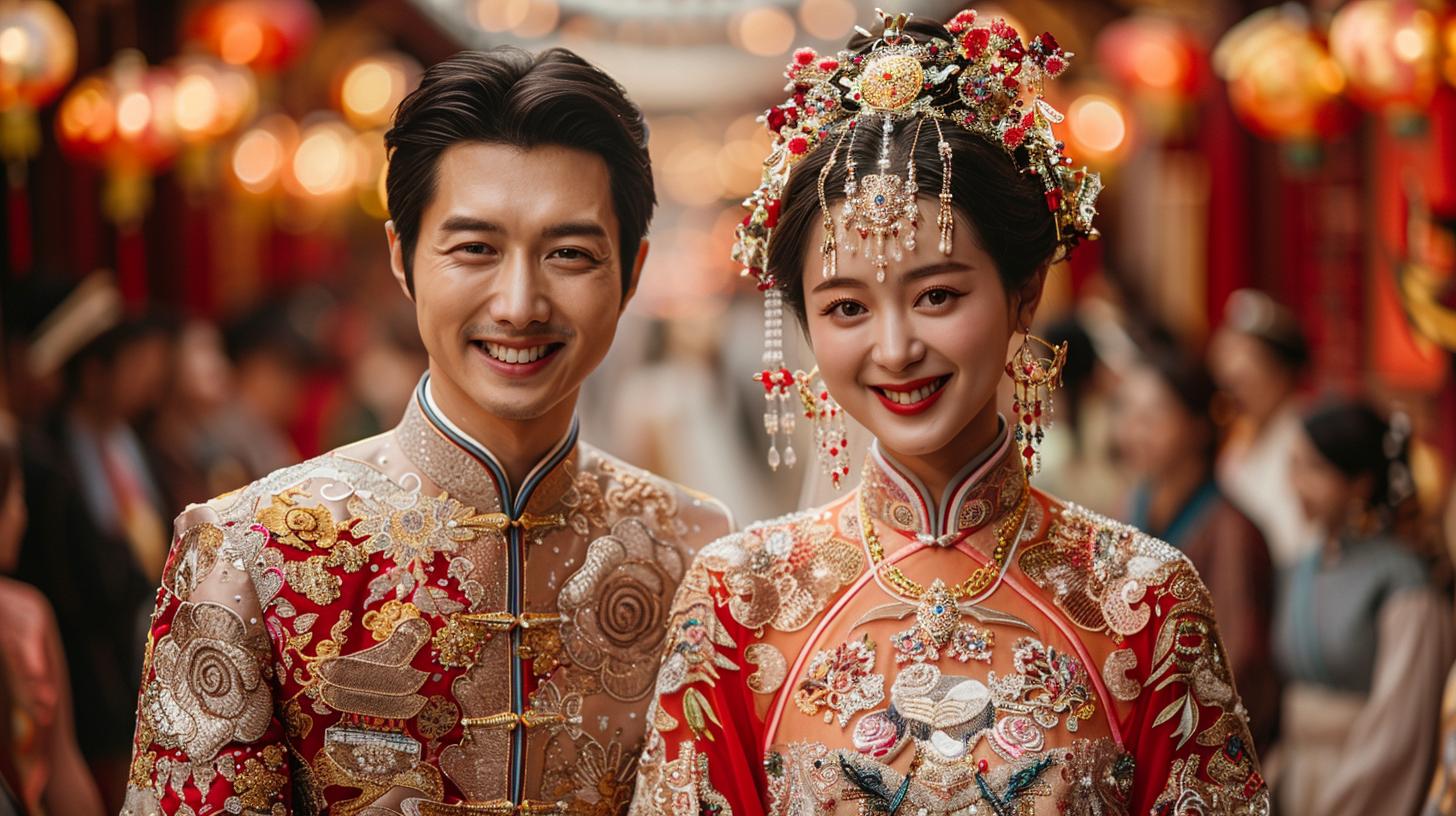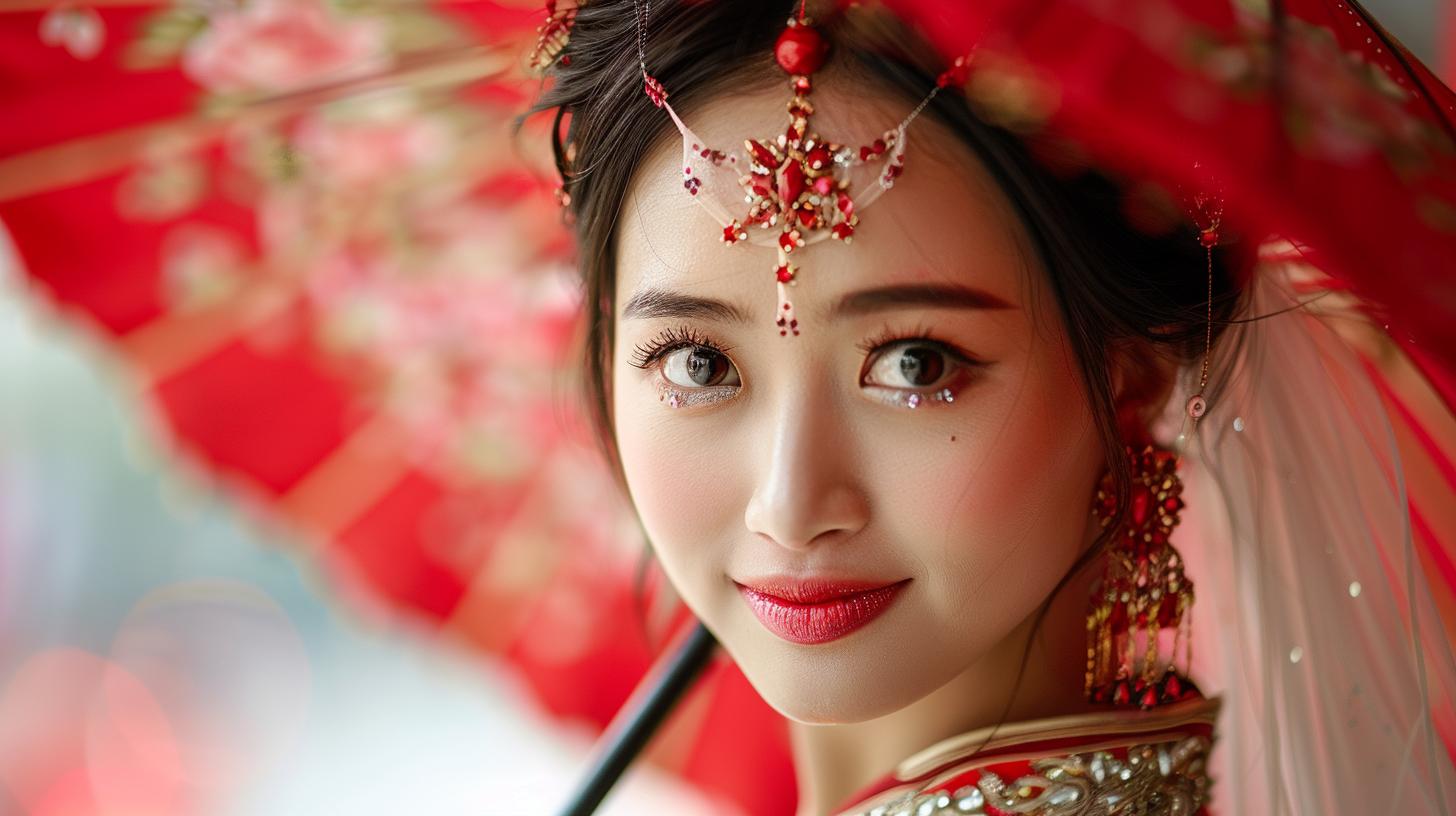How To Write Chinese Wedding Invitation Card: Traditional Guidelines and Tips
Chinese wedding invitations are a crucial part of traditional ceremonies. Proper addressing of guests and indicating the invitation format for different recipients are key aspects. Using respectful terms and phrases is important.
The roles of the bride’s or groom’s father in issuing invitations, and the inclusion of paternal uncles in modern settings, are significant. Cultural nuances in family relationships and the terminology for relatives by marriage play a vital role in Chinese wedding invitations.
Writing Guidelines for Chinese Wedding Invitations
Importance of Properly Addressing Guests
When creating Chinese wedding invitations, it is crucial to pay attention to how guests are addressed. This reflects respect and tradition, showcasing the significance of the event to the invitees.
Indicating Invitation Format for Different Recipients
Each guest category in a Chinese wedding holds distinct roles.
It is important to accurately convey whether the invitation is for the couple, the couple and their families, or the entire family unit, using appropriate terms such as 夫妇, 伉俪, or 阖府统请.
Use of Respectful Terms and Phrases in Invitations
Respect is paramount in Chinese wedding invitation wording. Adding ‘升’ or ‘台升’ after the names of guests signifies politeness and honor, enhancing the formality of the invitation.
Traditional Roles in Issuing Chinese Wedding Invitations
Issuing Invitations by the Bride’s or Groom’s Father
In traditional Chinese weddings, the father of the bride or groom plays a significant role in issuing the invitations.
It is a symbol of respect and tradition that the invitations come from the paternal figure of the marrying individual.
Inclusion of Paternal Uncles in Modern Wedding Settings
As modern weddings evolve, the inclusion of paternal uncles in the invitation process has become more common. This signifies the importance of family ties and respect for elders in Chinese culture.
Cultural Significance of Family Relationships in Wedding Invitations
Understanding the cultural significance of family relationships in Chinese wedding invitations is essential for honoring traditions and showing respect to loved ones. The proper terminology used to address relatives by marriage reflects the deep-rooted respect and familial connections present in Chinese culture.
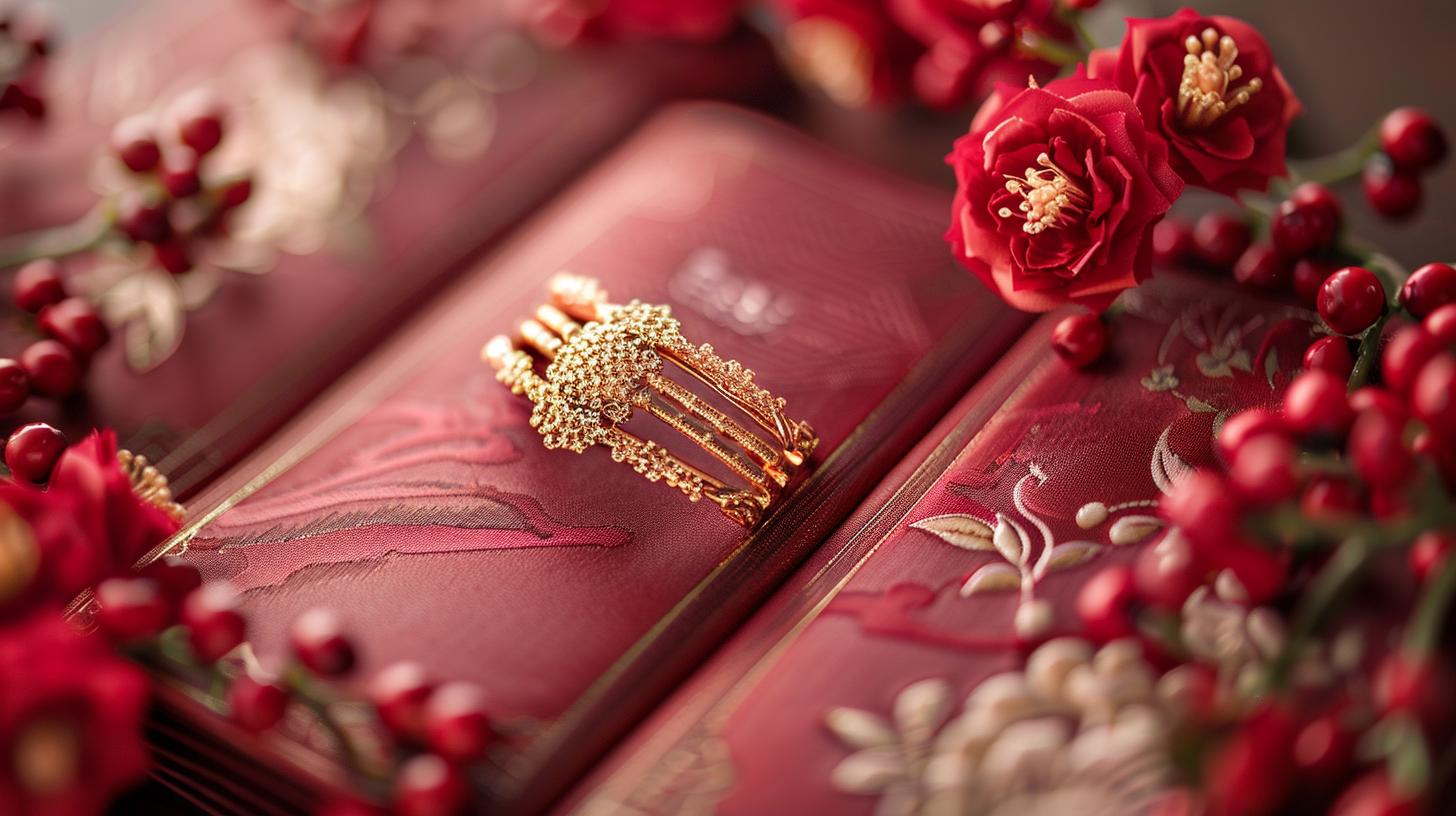
Proper Terminology for Relatives by Marriage
- When addressing relatives by marriage in Chinese wedding invitations, using the correct terminology is crucial to convey respect and acknowledgment of these familial ties.
- Including terms like ‘姻亲’ (yīn qīn), meaning relatives by marriage, before the individual’s name signifies the specific relationship within the family.
- For example, when inviting the husband of a sister, the invitation may include ‘姻亲XXX贤妹夫’ or ‘姻亲贤妹夫XXX 先生’ to denote the connection through marriage.
- By using these appropriate terms, the invitation recognizes and honors the intricate web of family relationships inherent in Chinese culture.
Inviting Siblings’ Spouses in Wedding Invitations Even When Issued by Parents
- Traditionally, Chinese wedding invitations are typically sent by the bride’s or groom’s parents, following established cultural norms.
- However, in modern wedding settings, there is a growing trend to invite not only siblings but also their spouses to the celebration, even when the invitation is issued by the parents.
- Inviting siblings’ spouses acknowledges and includes them as integral parts of the family unit, emphasizing the importance of strong familial bonds in Chinese weddings.
- This gesture of extending the invitation to siblings’ spouses reflects a broader understanding of family dynamics and relationships in contemporary Chinese society.
.

